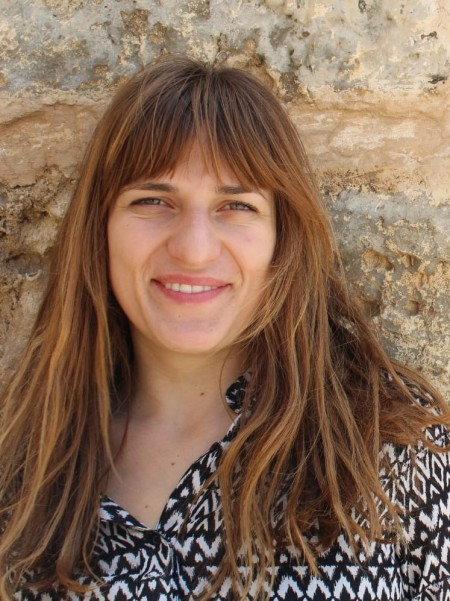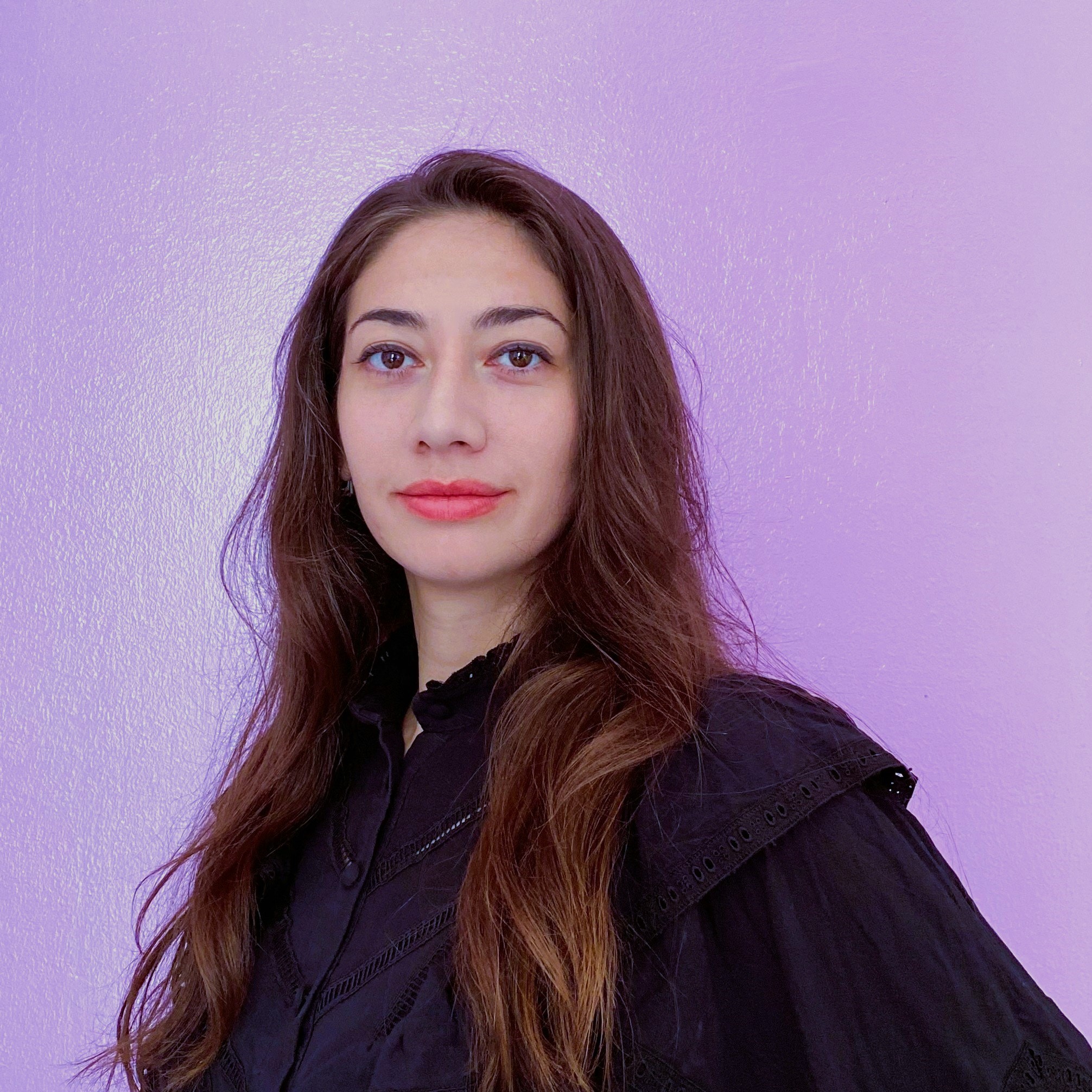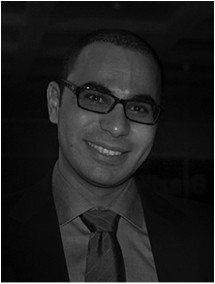Editorial Team

Dr. Asma Mehan, Editor in Chief
Huckabee College of Architecture, Texas Tech University, USA
Dr. Asma Mehan is an assistant professor at the Huckabee College of Architecture, Texas Tech University, where she directs the Architectural Humanities and Urbanism Lab (AHU_Lab). She is also the Editor in Chief of the International Open Access plaNext-Next Generation Planning Journal. Her research explores the intersection of architecture, urban studies, and the humanities, with a focus on decolonizing architectural pedagogy and examining socio-environmental justice in urban development. Dr. Mehan authored “Tehran: from Sacred to Radical” (2022) and “Kuala Lumpur: Community, Infrastructure, and Urban Inclusivity” (2020), both published by Routledge. Her recent monograph, "The Affective Agency of Public Space," will be published soon with De Gruyter Publisher. She was previously awarded four highly selective fellowships, including the Scientific Employment Stimulus Individual Fellowship (CEEC IND), funded by the Portuguese Foundation for Science and Technology (FCT), and the Urban Citizenship Fellowship supported by the Municipality of Amsterdam and the Netherlands Institute for Advanced Study in the Humanities and Social Sciences (NIAS-KNAW) among others. Her research reaches academic audiences through international exhibitions, artistic venues, policy toolkits, visual media, journalistic blogs, and online outlets.

Dr. Pavel Grabalov, Managing Editor
Department of Urban and Regional Planning, Norwegian University of Life Sciences (NMBU), Norway
Pavel Grabalov is an urban researcher with a PhD degree from the Norwegian University of Life Sciences (NMBU) and a master's degree in urban studies from Malmö University in Sweden. His primary research interests focus on interrelationships between people and their environments and how these interrelationships are acknowledged or overlooked by urban planning and development policies. Pavel has been working with such topics as public space planning and design, cemetery planning, urban agriculture, planning education, and professional learning. Currently he works as a researcher at SITRAP (Centre for Integrated and Transdisciplinary Teaching in Planning), a resource centre for subject didactics in the field of spatial planning at NMBU.

Qing yuan Guo
Department of Geography and Environment, London School of Economics
Qing yuan Guo is a PhD candidate in Geography and Environment at the London School of Economics, specializing in planning theory, housing policy, local governance in England, and case study methodological development for professional disciplines. He chairs the AESOP Young Academics Network Coordination Team (2024–2025) and coordinates the AESOP Memories Project.

Associate Professor Milan Husar
Slovak University of Technology in Bratislava, Slovakia
Milan Husar is an Associate Professor at Spectra Centre of Excellence of the EU at Department of Spatial Planning, Institute of Management, Slovak University of Technology in Bratislava. He has participated in a number of national and international research projects covering topics of smart cities, biodiversity protection and spatial planning. In his research he is exploring the topics of humanizing smart cities, exploring spatial planning culture in Central Europe and energy planning. He has rich international background with research and education activities in Central and Eastern Europe, Turkey, Egypt, Chile and Iran. As a Fulbright Scholar spent 6 months at Arizona State University working in Centre Behavior, Institutions and the Environment founded as a sister centre of the Vincent and Elinor Ostrom Workshop in Political Theory and Policy Analysis at Indiana University, as well as other research stays across Europe.

Dr. Elisa (Lizzy) Privitera
The University of Toronto Scarborough, Canada
Elisa (Lizzy) Privitera is a Postdoc researcher at the Urban Just Transitions cluster at the University of Toronto Scarborough (Canada). She is the co-leader of the Listening Project, a community-based research initiative that aims to work with community partners to understand and envision equitable transitions. Elisa holds a PhD in Urban and Environmental Planning and Design (University of Catania), with a focus on small data and risk landscapes. She has worked both as a researcher and practitioner in environmental and spatial justice in Canada, Italy, California, and Sweden. She has been granted several grants, including a Fulbright scholarship. Furthermore, she believes in the importance of collectively self-organizing to support young researchers. For these reasons, she has been on the coordination team of the AESOP Young Academics Network and is a member of the plaNext-Next Generation Planning editorial team.

Dr. Sıla Ceren Varış Husar
Slovak University of Technology in Bratislava, Slovakia
Sıla Ceren Varış Husar has a PhD in urban planning from Middle East Technical University, Ankara, Turkey. Her dissertation focused on regional innovation and its relation to space, people, and institutions. Most currently, she works as a postdoctoral researcher and Marie Skłodowska-Curie Fellow at the Spatial Planning Department in Slovak University of Technology. Her research project REGINNO is on regional innovation capacity and human agency in CEE countries with a special focus on Slovakia. She is the senior advisor of the AESOP Young Academics Network Coordination Team and the coordinator of AESOP Memories Project.
![]()
Dr. Francesca Leccis
The University of Cagliari in Sardinia, Italy
Francesca Leccis is a Postdoctoral Research Fellow at the Department of Civil and Environmental Engineering and Architecture (DICAAR) at the University of Cagliari in Sardinia, Italy. Her prior collaborations include working with a DICAAR research group on the SOSLabs and GIREPAM projects. She earned her cum laude MSc degree in Architecture from the University of Cagliari in 2012 and subsequently achieved an MSc with Merit in International Real Estate and Planning from University College London in 2015. Her primary areas of interest and research revolve around sustainable urban and regional planning, a focus she substantiated in her doctoral thesis for the PhD in Civil and Environmental Engineering and Architecture, she was awarded cum laude in 2017, along with the conferment of the Doctor Europaeus certificate.

Dr. Francesca Dal Cin
Prince Mohammad bin Fahd University, Saudi Arabia
Francesca Dal Cin (Conegliano, Italy, 1990), holds a PhD in Urban Planning from the Lisbon School of Architecture, with the thesis titled Streets by the sea: type, limit and elements. She has taught in Saudi Arabia since 2023 and is currently Assistant Professor at Prince Mohammad Bin Fahd University. A member of CIAUD since 2018, she has published widely on urban and coastal planning, supervises PhD and Master’s students, and regularly participates in international conferences. Since 2024, she has been serving on the editorial board of plaNext – Next Generation Planning. Her recent work includes research in Timor Leste. She is the editor of the upcoming volume Fuzzy Boundaries, exploring the interface between water and land.

Subhashree Nath
Leibniz Institute of Ecological Urban and Regional Development, Dresden, Germany
Subhashree Nath is a researcher at the Leibniz Institute of Ecological Urban and Regional Development, Dresden, Germany. She is currently working on her PhD thesis exploring the role of web-based decision-support tools in facilitating community-based climate change adaptation in under-resourced communities. She did her master’s in Integrated Urban Development and Design from Bauhaus University, Germany. Her research interest lies in the intersection of information communication technology, climate justice and adaptation for marginalised groups and under-resourced communities.

Dr. Esra Kut Gorgun
Researcher and City Planner, Izmir Planning Agency, Izmir, Türkiye
Dr. Esra Kut Görgün is a researcher and city planner at the İzmir Planning Agency. She was previously a postdoctoral researcher at Politecnico di Milano. Her project, “Land Use and Land Cover Change (LULC): Effects on Ecosystem Services and Land Use Structure Optimization Based on Carbon Neutrality in Izmir”, was supported by the Scientific and Technological Research Council of Turkey (TÜBİTAK). She received her PhD in City and Regional Planning from Dokuz Eylül University in 2023. Her research areas include rural planning, tactical urbanism, land use planning, remote sensing, and urban quality of life. More recently, her work has focused on climate neutrality, land use optimization, and ecosystem services.

Dr. Feras Hammami, former editor in chief
Department of Conservation, University of Gothenburg, Sweden
Feras Hammami is associate professor of Conservation based at the University of Gothenburg, Sweden. He holds a PhD in Planning and Decision, with a specialization in urban and regional studies from the Royal Institute of Technology, Sweden. His research concerns the politicisation of cultural heritage, with a specific interest in the politics of identity, security, resistance, and peacebuilding. He worked with heritage and planning in relation to sites located in, among others, Sweden, Palestine and Botswana.


